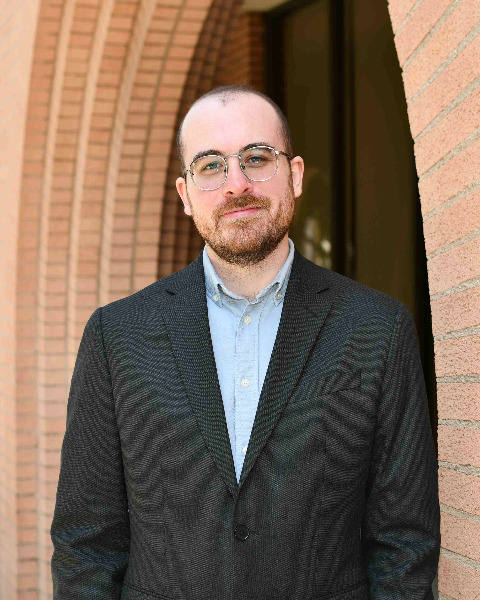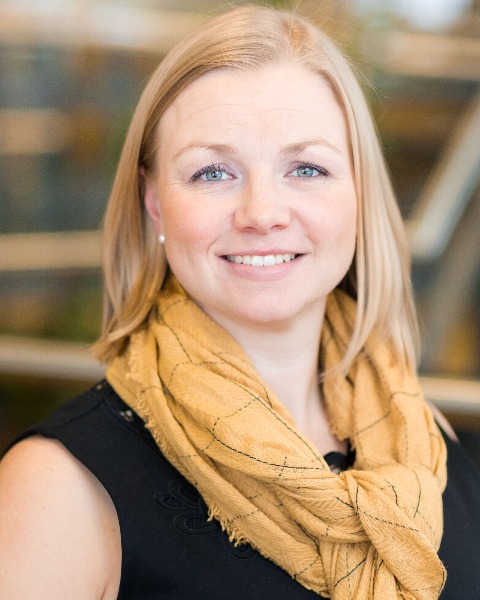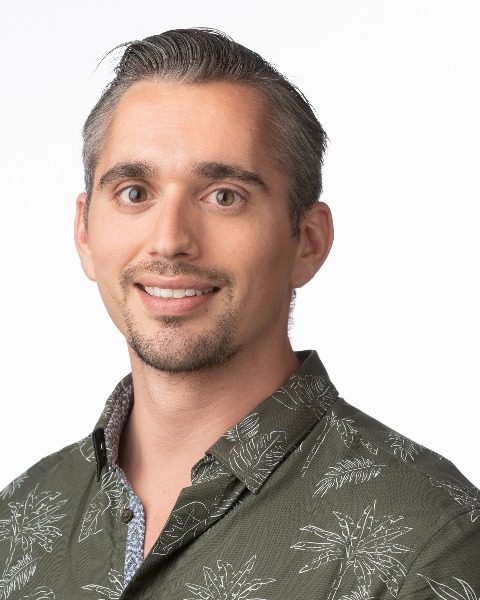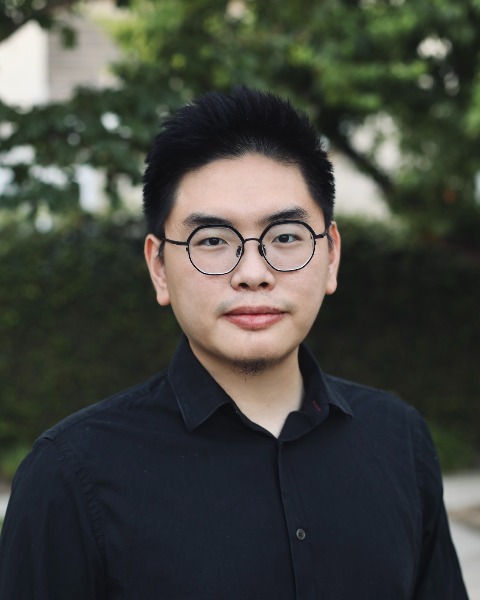Interdisciplinary
Biosocial Pathways Affecting Health and Aging in the Health and Retirement Study
-

Eric Klopack, Ph.D. (he/him/his)
Postdoctoral Scholar
Leonard Davis School of Gerontology
University of Southern California
Los Angeles, California, United States -

Helen Meier, PhD, MPH (she/her/hers)
Assistant Research Scientist
Survey Research Center, Institute for Social Research
University of Michigan
Ann Arbor, Michigan, United States -

Mateo Farina, PHD (he/him/his)
Assistant Professor
Human Development and Family Sciences
University of Texas at Austin
Austin, Texas, United States -

-
JF
Jessica Faul, PhD, MPH (she/her/hers)
Research Associate Professor
Survey Research Center
University of Michigan
Ann Arbor, Michigan, United States -
TS
Trey Smith, BS (he/him/his)
Bioinformatician
Institute for Social Research
University of Michigan
Ann Arbor, Michigan, United States
Chair(s)
Discussant(s)
Individual Symposium Abstract First Author(s)
Representative population studies, like the Health and Retirement Study (HRS), are gathering large amounts of biomarker and multi-omic data. This presents a unique opportunity to investigate how population-level aging effects is driven by social inequality. This research has the capacity to uncover targets for intervention that could result in extending longevity and healthy life span and reducing inequalities in aging. There has been substantial research and progress in identifying biological processes underlying age-related decline, morbidity, and mortality (the so-called biological hallmarks of aging); however, despite this progress, demographic, social, and psychological factors (the so-called social hallmarks of aging) are substantially associated with cognitive aging and ADRD above-and-beyond genetic and biological factors There is, therefore, a need for research that carefully integrates the social and biological hallmarks of the human aging processes. This symposium highlights research that investigates interactions between biological and social processes that lead to inequalities in health and aging among older adults utilizing recently released data from the HRS Venous Blood Study (a nationally representative sample of US adults over age 55). Included are papers investigating the role of timing of childhood adversity in affecting adult DNA methylation patterns, how childhood parental loss is associated with accelerated epigenetic aging, how socioeconomic status patterns expression of genes related to inflammation and cellular senescence, and how sets of age-related biomarkers can explain sociodemographic inequalities in mortality. These studies contribute to an emerging literature integrating social and biological sciences to better understand inequalities in the aging process.
Learning Objectives:
- After attending this session, participants will be able to describe how early life adversity is associated with age-related changes in DNA methylation and epigenetic aging.
- After attending this session, participants will be able to explain how socioeconomic status patterns expression of genes related to inflammation and cellular senescence.
- After attending this session, participants will be able to describe how much commonly collected biomarkers can explain sociodemographic inequalities in mortality.
Presentations:
-
4:30 PM - 6:00 PM ETPathways Linking Parental Death Before 18 to Accelerated Epigenetic Aging
Individual Symposium Abstract First Author: Mateo Farina, PHD (he/him/his) – University of Texas at Austin
-
4:30 PM - 6:00 PM ETDemographic Correlates of Aging-Related Gene Expression Levels Among Older Americans
Individual Symposium Abstract First Author: Qiao Wu – University of Southern California
-
4:30 PM - 6:00 PM ETA Structured Approach to Evaluating Life Course Influences on DNA Methylation Age Acceleration
Individual Symposium Abstract First Author: Jessica Faul, PhD, MPH (she/her/hers) – University of Michigan
-
4:30 PM - 6:00 PM ETBMI Polyepigenetic Scores Predict Future Chronic Conditions and Cholesterol
Individual Symposium Abstract First Author: Trey Smith, BS (he/him/his) – University of Michigan
